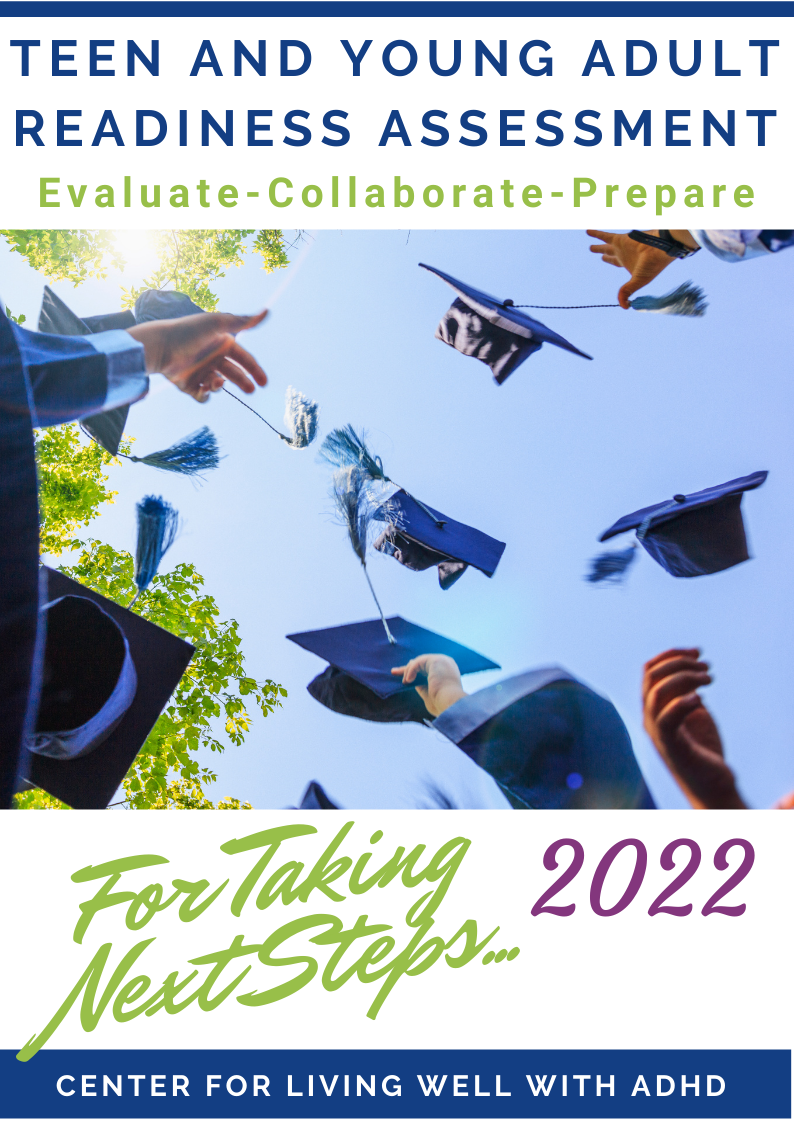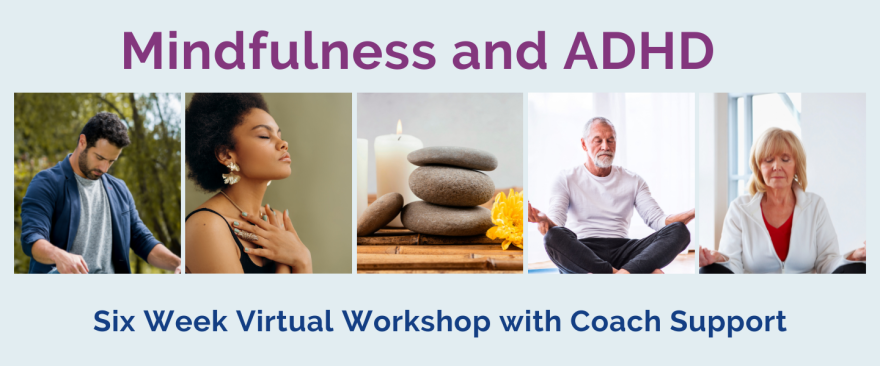|
May 10, 2022

Emotions and ADHD:
Triggered For Better Or Worse
This month we focus on the executive function skill set, Emotional Regulation. Emotional regulation refers to our ability to manage our emotions and responses in appropriate and effective ways when triggered by difficult memories, situations, or conversations. Emotions and reactivity are a big force to factor in with managing our ADHD. Sometimes our emotions can be a source of strength, while other times they can quickly become problematic in how we react in the moment.
Triggered for the better…
The strengths we develop around emotional intelligence can be of immense support, helping us to:
- be more open and vulnerable with others about our needs and feelings
- empathize and connect in deeper and meaningful ways
- bring healthy doses of excitement, optimism and enthusiasm to a given situation
- recover from setbacks more quickly
- learn from mistakes and critical feedback
- adapt to change rather than feeling stuck in the moment
According to Daniel Goleman, an American psychologist who helped to popularize emotional intelligence, using our emotions as a strength is easier when we are:
- aware of our emotions and their impact in the moment
- can make accurate self-assessments about our abilities (both strengths and weaknesses), and
- can rely on our sense of self-worth and self-confidence to carry us through moments of difficulty or frustrations.
Triggered for the worse…
Daniel Goleman refers to these 8 ‘families’ of emotions: Anger, Sadness, Fear, Joy, Interest, Surprise, Disgust and Shame. Each of these has many variations. With ADHD, we can experience these emotions more intensely and quickly once triggered. The triggers can be amplified by past memories and experiences. We might be told we are highly sensitive, thin-skinned or overly reactive with a response that can occur in a microsecond.
As an emotional response floods our brains, we will either manage appropriately or react in a fight, flight, freeze or disassociate response as a way to keep us safe. Here are a few examples of what they might look like:
-
Fight: Quick to anger, lashing back at someone or something, arguing, blaming others, becoming defensive. Sometimes we may have a story to tell in response to a simple question.
-
Flight: Looking for a way to avoid the conflict, procrastinate or put off to later, actively seeking distractions or other things that are also important.
-
Freeze: Overwhelm and anxiousness, shutting down and not talking, rumination, feeling stuck and unable to take action.
-
Disassociate: Not accepting the reality of a situation, indifference or I don’t care, denial or storytelling to discount the seriousness of the outcome.
Building Skills with Emotional Regulation
Build on self-awareness. For example, do you know what it feels like in your body when you are becoming triggered and emotions are starting to take over? Maybe it’s a feeling in your gut, an urge to pace or move, a heaviness in your heart. You could ask others you trust to share with you what they observe to help you build on this awareness. Noticing the signs can help you create space or pause long enough to calm down and work through more desirable reactions.
Know what your triggers are. When you know what might set you off, you can do the strategic and mental work to work through situations more effectively when they occur. Have a plan A, and maybe even a plan B for when a situation or comment might occur. Notice the self-talk and be prepared with a more empowering mantra to keep you focused on what needs to occur.
Grant yourself the space to pause and process. It’s not disrespectful when you know the outcome will be better if you give your brain a short break. Work out with others a cue word or phrase that signals the need to pause. Keep a journal to write down what happened if journaling helps. Call a safe person to verbally process. Mindfulness practices can help you with this as well.
Seek out help to address emotional reactivity. As mentioned earlier, emotional reactivity and self-regulation is a real thing with ADHD. Over time painful memories and experiences can become so hardwired in our brains, we need to seek out help. You might want to consider reaching out to your support team for therapy to address the emotional pain and/or medication to help manage the reactivity so you can work on building better strategies and emotional intelligence skills to be more effective when the triggers occur.

Robin Nordmeyer, PCAC, CLC
ADHD Coach | Center For Living Well with ADHD, LLC
More about Robin
Cool Resource
 Do you have a teen or young adult transitioning to college or living on their own? Do you have a teen or young adult transitioning to college or living on their own?
Grab this Readiness Assessment and Guide to help them prepare over the summer.
-
Evaluate: Take the assessment to evaluate your readiness to transition to college or life on your own.
-
Collaborate: Work together as a team to explore readiness and options for moving forward.
-
Prepare: It's never too late to get that jumpstart. Use your new awareness to work on a goal or two over the summer.
Click here to grab your assessment
Upcoming Events

The Mindfulness & ADHD 6 Week Workshop is an introduction to mindfulness for beginners. It provides insights into the basics of mindfulness, how to develop formal and informal mindfulness practices, and how to apply more mindfulness in daily life.
Together we will learn how mindfulness practices help with attention control, memory, emotional regulation, and stress management. You will develop skills to start your own practices, and will receive individualized coaching support and group sharing in our live virtual sessions.
Read more about this workshop…
 Parent Masterclass for College Prep Parent Masterclass for College Prep
Is Your Teen College Bound?
How to Use the Summer to Prepare
Tuesday, June 7th, 2022
6:00 pm Eastern | 5:00 pm Central | 4:00 pm Mountain | 3:00 pm Pacific
Is your teen transitioning to college next fall ... or returning to college after a rocky start? Would you like guidance on how to set them up for success? If so, then this workshop is exactly what you’re looking for.
Read more about this workshop…
Meet Our Team

Learn More About Our Coaches & Schedule a Complimentary Get Acquainted Session
©2022 Center for Living Well with ADHD · All Rights Reserved
Visit Our Website
|